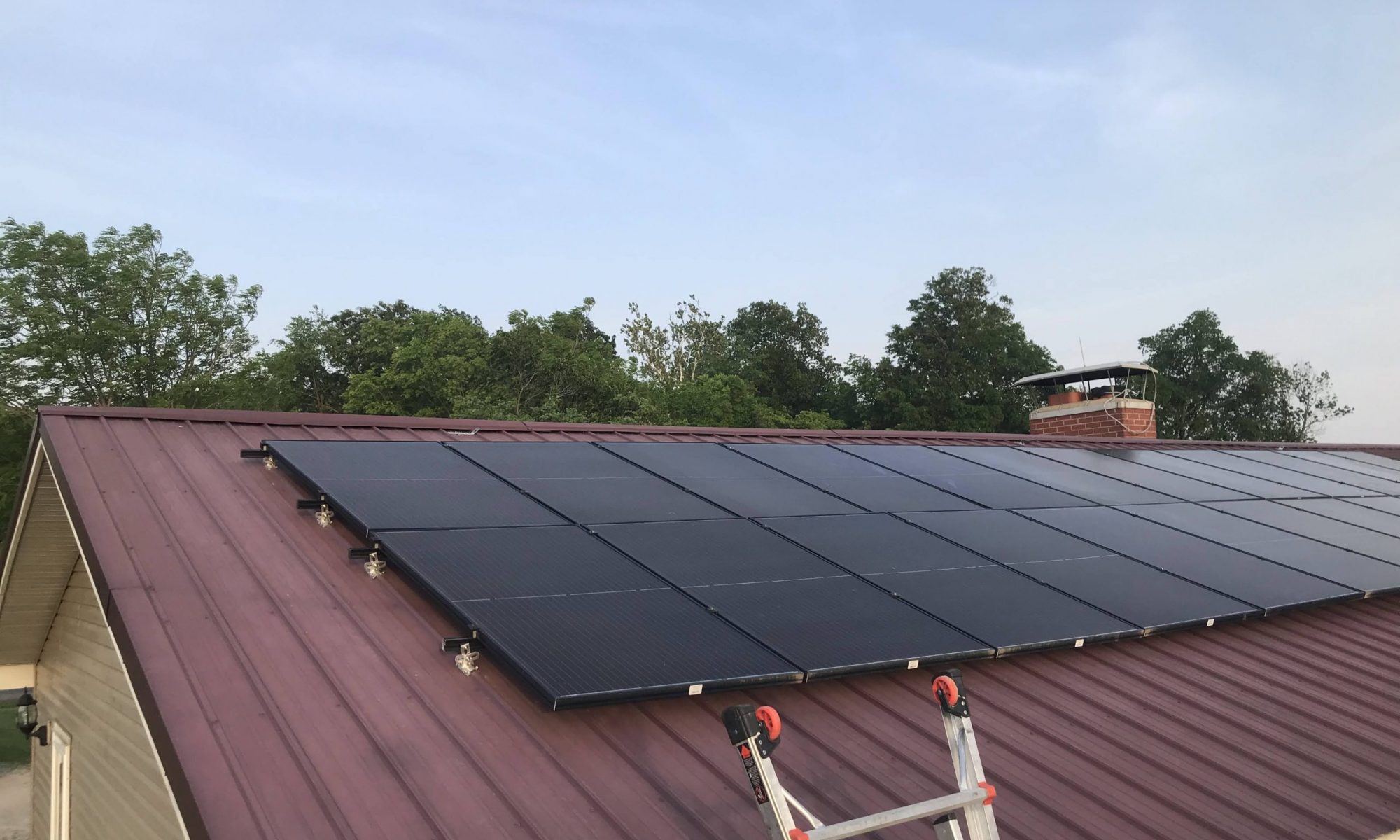Why the solar providers near you are often the best solar companies to buy from?
Decide which installer is the best one to buy your solar panels from is not easy. With so many solar installation companies to choose from, it can feel overwhelming.
How do you prioritize? Is the lowest price trustworthy? What qualities or certifications should you look for?
The good news is that when you commit to working with a local, licensed installer – you’ve already narrowed the field of “best companies to buy solar from.” Licensed installers based in your area are typically more concerned about customer satisfaction, use higher-quality equipment, and often have the best prices.
Why should I choose a local solar panel installer?
There are several reasons it makes more sense to work with a local solar contractor rather than their national solar installer counterparts.
You’ll save money.
While quality of product and workmanship are a priority, it’s also true that most homeowners pay attention to the bottom line. The good news is that, according to the National Renewable Energy Laboratory (NREL), local solar installers’ pricing is an average of 10% lower than the national residential solar installers.
Use the PVWatts® Calculator to get an accurate idea of your home’s system size needs, total system cost, and payback benefits.
Local installers have better customer ratings
Simply put, local solar installers care more about the work they do, their reputation, and your ratings. In fact, studies show over and over again that local solar panel installers consistently get higher ratings than the nation’s largest, and most recognized solar installers.
They also often use higher-quality brands of solar panels and inverters products because they feel a personal responsibility for the systems they install.
National installers are known for using cheaper products to lower in-house costs, maximizing their profits. While local installers certainly care about their profit margin, they take a different approach to pricing.
Since local solar contractors care more about the work they do and their overall customer satisfaction, they use higher-quality products, materials, and workmanship – but still prioritize customer-centric pricing tables. This results in reduced long-term solar maintenance requirements and repair costs for their buyers, and it also increases the life expectancy of the solar panels and related equipment.
This approach saves thousands of dollars over the lifetime of a residential solar system.
A dedicated crew of full-time employees
When you work with a local contractor, the crew who installs the system are full-time workers who report directly back to their boss – the company’s owner.
This creates a level of accountability that is simply not present with bigger, national companies who subcontract work out to crews who are not only out-of-towners, but who may only work part-time or seasonally. These crews have a less vested interest to give each project their best effort.
Overall customer satisfaction matters more
When you work with a local solar contractor, odds are you’re working with a family-owned business that cares about their customer’s satisfaction in a more personal way. Local companies rely heavily on word-of-mouth referrals, and those only happen when customers are happy with their work.
Plus, if company owners and employees live and work in the same community as the client base, they’re apt to run into you in the grocery store, the soccer fields, or at the local pool – and they want to be able to wave and say hello with open hearts and clear consciences.

